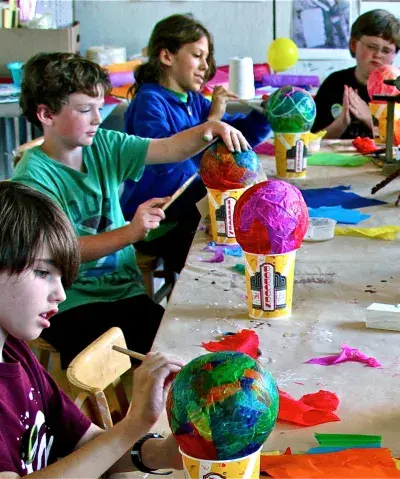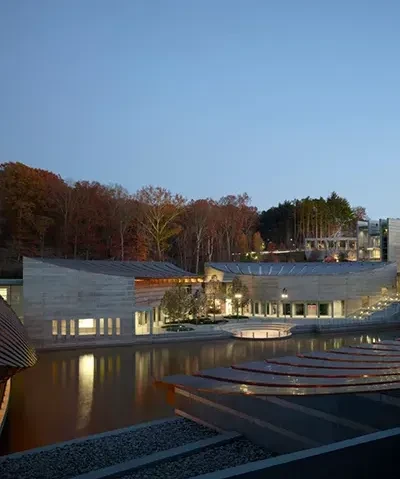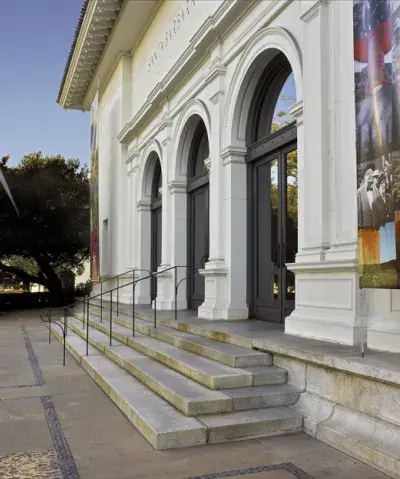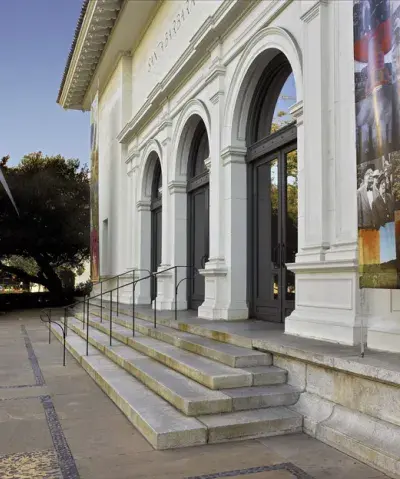Un/Natural Color
This exhibition looks at the powerful relationship between color and memory by considering photographs and the ways in which their unique color palettes evoke specific moments of the historical past. From the pastel hues of 19th-century hand-painted portraits, to the vibrant colors of late-1930s Kodachrome transparencies, and the faded, shifted tones of snapshots from the 1970s, different kinds of color reproduction are closely associated with the time periods that they most frequently represent. Each experiment in color photography was originally meant to convey a sense of the natural hues of the world, but as our expectations for realistic representation have evolved, these earlier technologies for representing color have also taken on new meaning. Today, the distinctive colors found in many vintage photographs speak as loudly to contemporary viewers about the period in which they were made as the content that they render visible. The exhibition suggests that the aesthetics of color are closely related to the evolution of photographic technology over the past 100 years, and encourages visitors to rethink the significance of color in contemporary photography through the lens of its multi-colored past. This exhibition was organized by Kim Beil, an art historian who teaches at the University of California, Santa Cruz.


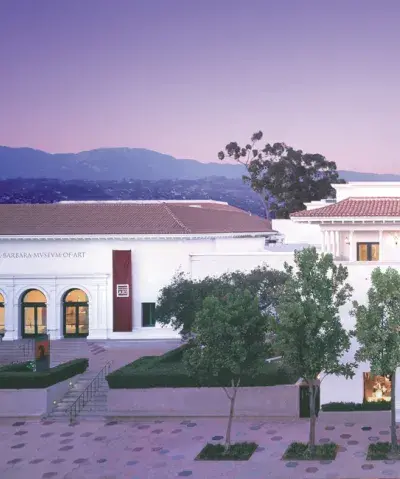
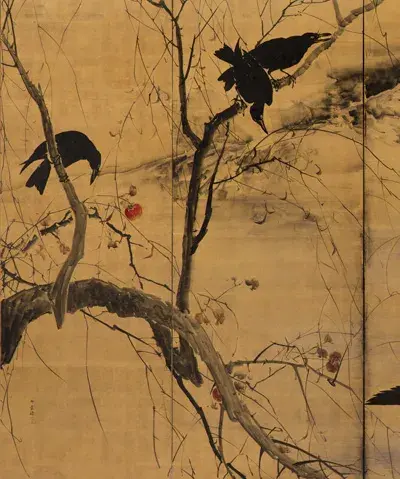

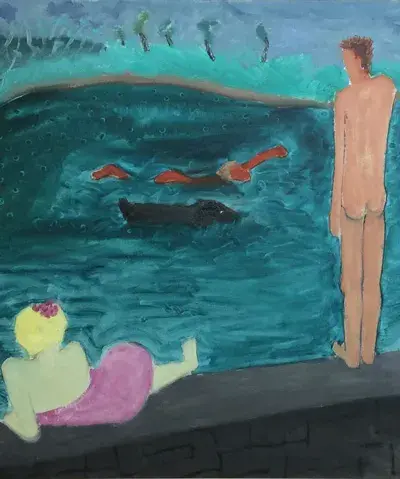
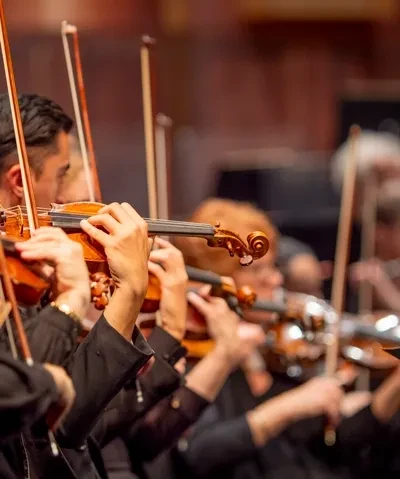


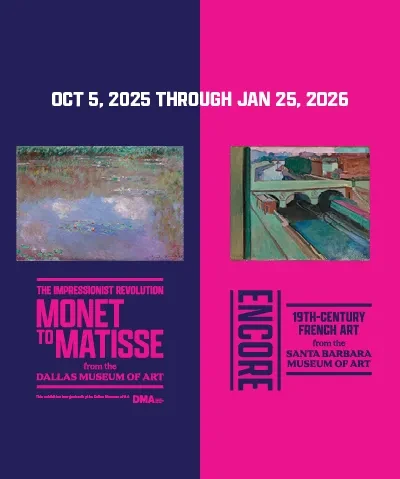
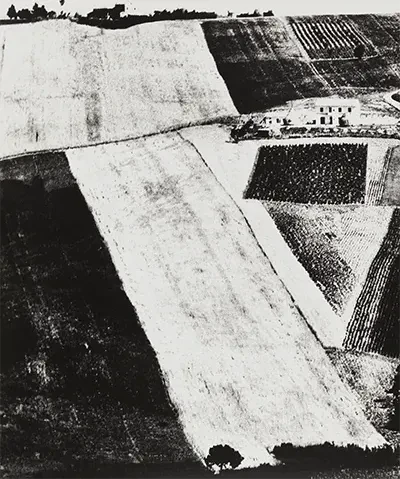
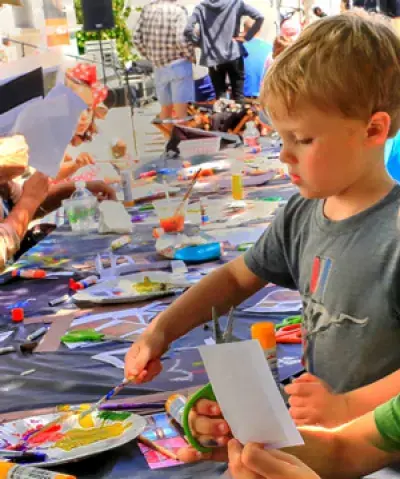


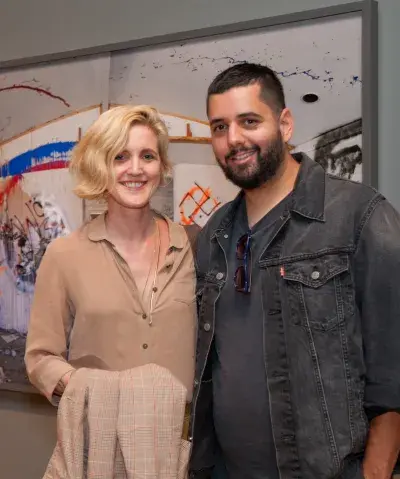
![memberseve[1]](https://www.sbma.net/sites/default/files/styles/menu_thumbnail_400_480/public/menu/memberseve%5B1%5D.jpg.webp?itok=hIz01lpc)
